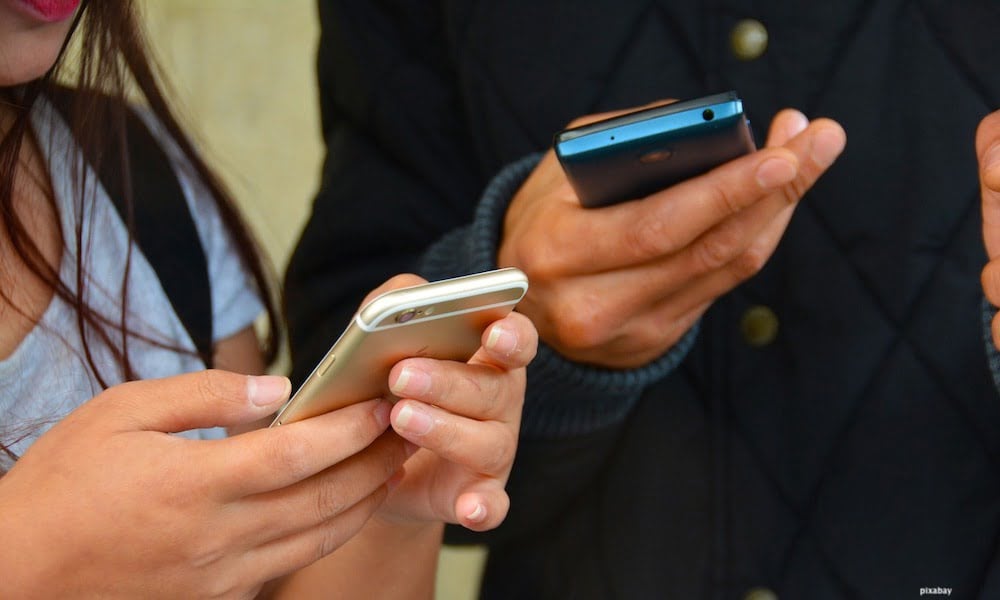Technology
Are You An Apple Or A Microsoft Fan For Cyber Security?

There are some epic rivalries around the world! Barcelona vs. Real Marid, McDonald’s vs. Burger King. But do any rivalries come as close as Apple vs. Microsoft?
The debate regarding whether Apple or Microsoft is better will continue for years, more so as needs change.
In this business blog post, we look at why some users prefer Apple to Microsoft regarding cyber security.
In the world of technology, security is paramount. With hackers and cyber criminals always looking for new ways to exploit vulnerabilities, it’s important to stay up-to-date with the latest security measures.
Apple Vs Microsoft For Security
The debate between Apple and Microsoft has been ongoing for many years, but which is more secure?
Apple is known for its strong focus on privacy and security features. It has built-in encryption tools, two-factor authentication, and other robust security protocols that make it difficult for hackers to access data stored on Apple devices.
On the other hand, Microsoft has various security tools like Windows Defender Antivirus and Windows Firewall that can help protect users from malicious threats.
Cybersecurity
Both Apple and Microsoft have made significant strides in enhancing the security of their devices in recent years. Still, it’s difficult to say which is better for the user as it ultimately depends on your specific security needs and preferences.
Businesses and organizations have different cybersecurity requirements to what consumers need. For example, privacy laws like GDPR require any enterprise or organization collecting customer data to have systems that protect it.
Before choosing between Apple and Microsoft for cybersecurity, here are some key points to consider.
Apple
Apple’s closed ecosystem and tight control over hardware and software have traditionally made its devices including iPhone less vulnerable to security threats. The company’s hardware is also designed with security features like the Secure Enclave for storing sensitive data and the T2 chip for secure boot and encryption.
Apple’s operating system, macOS, is known for its robust security features, such as Gatekeeper, which verifies the integrity of apps before they can be installed, and the built-in firewall.
Apple also regularly releases security updates to address vulnerabilities and has a relatively good track record of addressing them quickly.
However, Apple’s closed ecosystem can also limit user choice and customization, and its walled-garden approach can make it more difficult to install third-party security software.
Microsoft
Microsoft has significantly improved the security of its operating system, Windows, in recent years. Windows 10, for example, includes built-in security features like Windows Defender Antivirus and Windows Hello biometric authentication.
Microsoft has also proactively addressed security vulnerabilities with regular security updates and patches.
Furthermore, in much the same way as other tech businesses, Microsoft also offers a range of security tools and services for enterprise users, such as Microsoft 365 Defender and Azure Security Center.
However, Windows is still more vulnerable to security threats than macOS, in part because of its larger market share and more open architecture.
Windows users are also more likely to be targeted by malware and phishing attacks.
Ultimately, both Apple and Microsoft have made significant strides in improving the security of their devices, and which one is better for you will depend on your individual security needs and preferences.
User and Business Cybersecurity Measures
It’s also important to note that no device or operating system can be 100% secure, and it’s important to practice good cybersecurity hygiene, such as using strong passwords, avoiding suspicious links and downloads, and keeping your software up to date.
For businesses, their cybersecurity policy will include regular staff training, including freelancers accessing their systems. Hackers prey on users, so they need to know how to keep their computers, home networks, and devices secure against cyber threats. It’s not just business network access that’s a priority but also users’ personal data.









